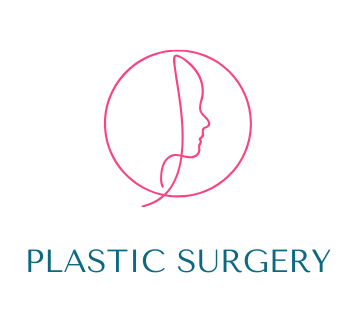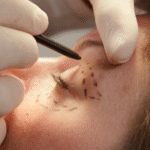Who is an ideal candidate for plastic surgery is someone seeking to improve their appearance or address functional concerns while maintaining realistic expectations. The ideal candidate recognizes that plastic surgery is not a solution for emotional or psychological challenges and approaches the procedure with mental stability and emotional readiness. Patients with clear goals, patience, and commitment to following pre- and post-operative care instructions are more likely to achieve successful outcomes and satisfaction.
Physical Health and Medical Considerations
Who is an ideal candidate for plastic surgery should have overall good health. Chronic conditions such as diabetes, cardiovascular diseases, or immune system deficiencies can increase the risk of complications and prolong recovery. Surgeons typically perform thorough preoperative evaluations, including blood tests, imaging, and sometimes consultations with other specialists. Maintaining a healthy lifestyle, including balanced nutrition, regular exercise, and avoiding smoking or excessive alcohol, helps patients recover faster, tolerate anesthesia better, and reduce post-operative risks.
Psychological and Emotional Readiness
Who is an ideal candidate for plastic surgery must be emotionally prepared. Patients with realistic expectations and intrinsic motivation for surgery tend to experience higher satisfaction. Surgery should not be performed solely to satisfy someone else’s wishes or to cope with self-esteem issues. Preoperative psychological assessment or counseling can help ensure candidates understand the procedure, recovery process, and potential limitations. Emotional readiness minimizes stress, anxiety, and disappointment during and after the surgical process.
Age and Physical Development
Who is an ideal candidate for plastic surgery is generally an adult whose body has fully matured. Procedures that involve facial bones or skeletal structures, such as rhinoplasty or jaw surgery, should be delayed until growth is complete. Younger candidates may require parental consent and careful evaluation by medical professionals. Emotional maturity is also essential, as patients need to follow post-operative instructions, handle temporary discomfort, and remain patient throughout the recovery process to achieve optimal results.
Knowledge of the Procedure
Who is an ideal candidate for plastic surgery is well-informed about the surgical process, including risks, recovery expectations, and long-term outcomes. Educated patients who ask questions, research reliable sources, and actively communicate with their surgeon are more confident and achieve better results. Understanding preoperative requirements and post-operative care—such as wound management, activity limitations, and follow-up appointments—is critical for minimizing complications and ensuring lasting results.
Commitment to a Healthy Lifestyle
Who is an ideal candidate for plastic surgery maintains a healthy lifestyle both before and after surgery. Candidates who avoid smoking, exercise regularly, and follow balanced nutrition generally experience faster healing and fewer complications. Commitment to post-operative care, attending follow-up appointments, and actively monitoring recovery are essential for long-term success. Patients who actively participate in their own care and sustain healthy habits are most likely to enjoy both aesthetic and functional improvements.



